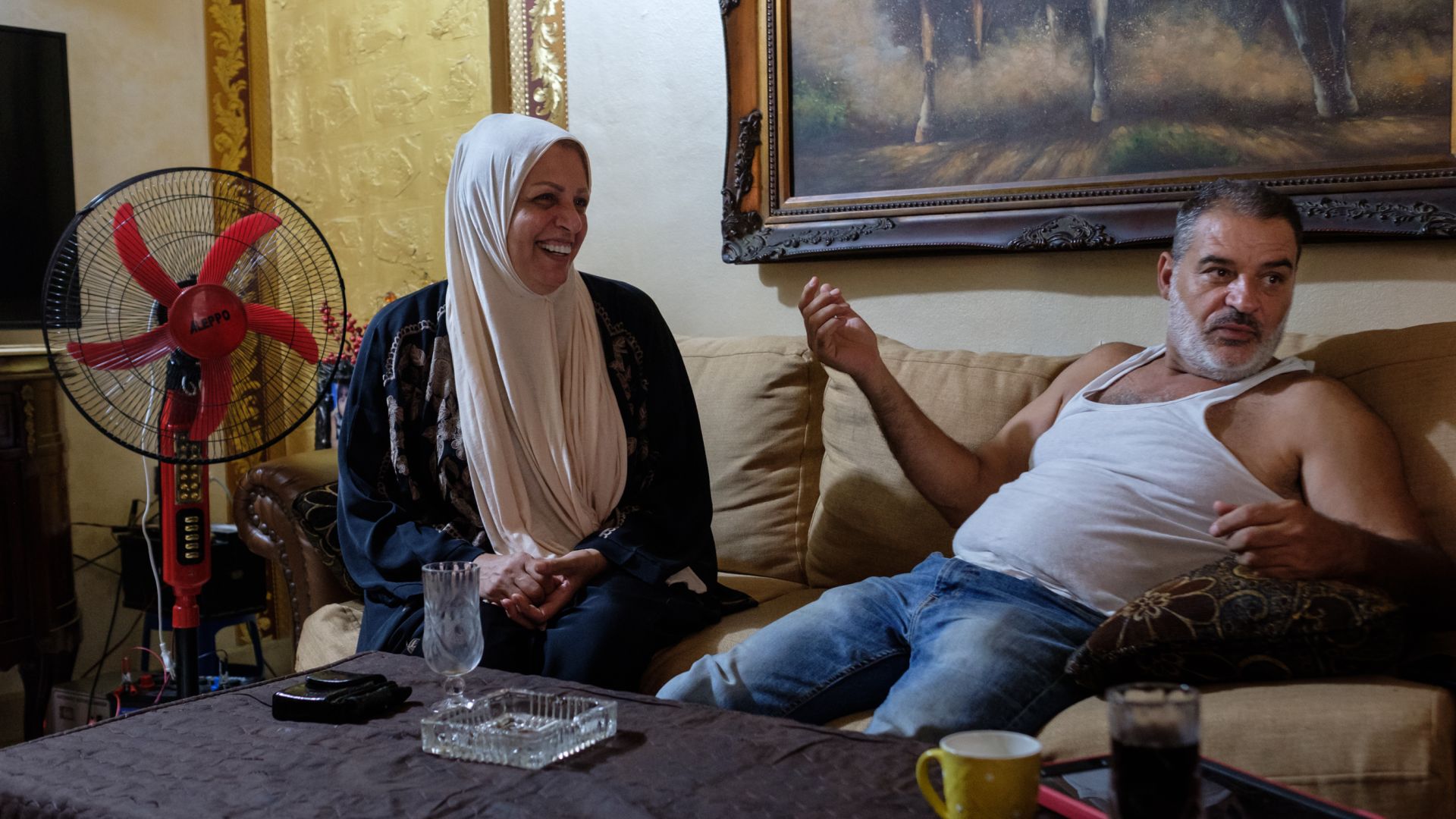Parallel seasons: How Lebanon hides from reality

Beirut, Lebanon - As Israel bombed southern Lebanon, no one was in the mood for a full-scale celebration of Christmas despite the religious, emotional and economic significance of the season.
Despite the hardships, some people still tried to celebrate. Cafes were bustling with visitors, and the winter traffic was very much present on Beirut’s main streets. But these scenes hid the reality of many Beirutis and the full spectrum of the Lebanese population’s experiences.
Such jollity is usually centred in a few Beirut streets while the streets around them reflect a sharp economic difference.
After the civil war ended in 1990, reconstruction began in Lebanon, focusing on bringing luxury real estate to downtown Beirut and developing the service industry. But the projects never made it out to most of the streets around the centre, which used to be part of a vibrant market by the port that served all the city’s social classes.
The waterfront became clogged by years of “development” and “reconstruction” as luxury skyscrapers for those who could afford a “luxurious life” shot up and stood, shoulder-to-shoulder, with their backs to the city.